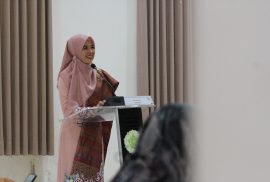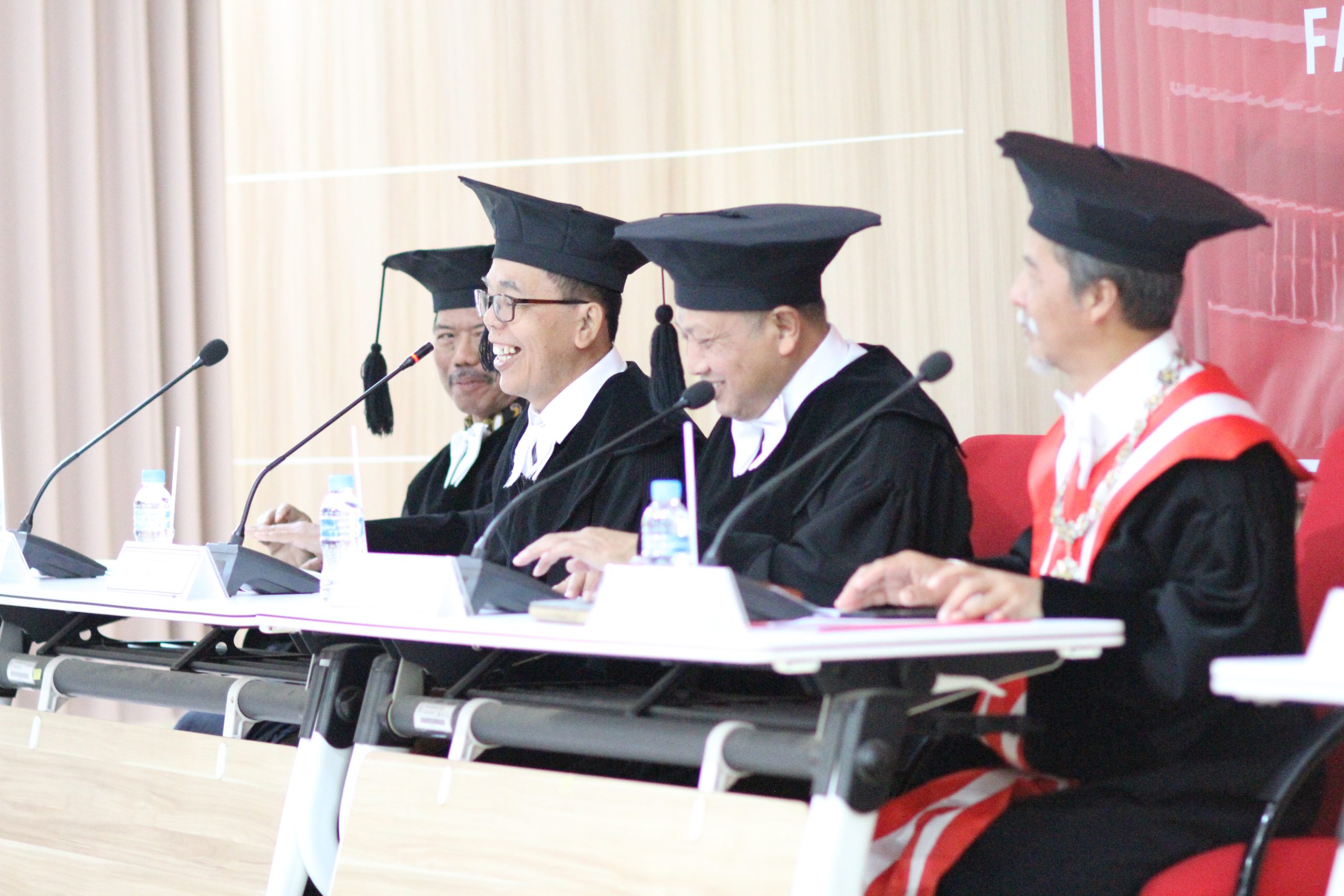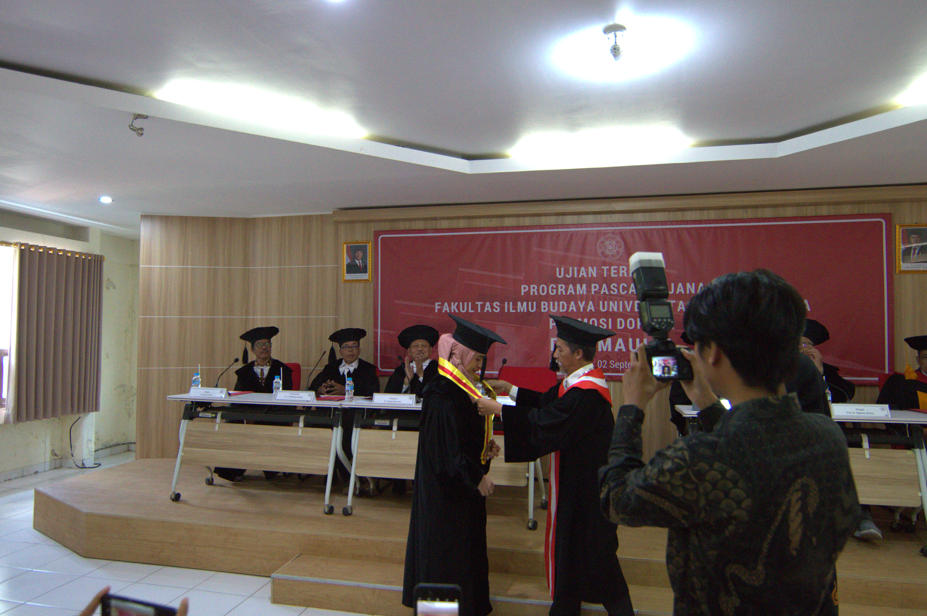Yogyakarta, 18/9/2025 — The Korean Language and Culture Study Program, Faculty of Cultural Sciences at Universitas Gadjah Mada, held a guest lecture for the course Comprehensive Korean I under the theme “흥미로운 세상: EPS TOPIK and Korean Language for Migrant Workers.” The event took place at the Soegondo Building Auditorium and featured program alumnus Adam Ferdian Bagastama, S.Hum., as the main speaker.
In his presentation, Adam shared firsthand experiences about the career prospects for graduates of the Korean Language and Culture Study Program. He previously worked as a translator at a textile factory producing footwear before becoming an instructor at LPK Hankuk Sippo in Tulungagung, East Java. Each year, the institution trains more than 200 participants preparing to join the official Indonesia–Korea government-to-government (G to G) employment program.
Adam also explained that one of the main requirements for joining the program is passing the EPS TOPIK (Employment Permit System – Test of Proficiency in Korean), a language proficiency test focused on practical and job-specific vocabulary relevant to fields such as manufacturing, fisheries, shipbuilding, and services.
To provide a real experience, students were invited to take part in a quiz consisting of EPS TOPIK-style questions. Aura, one of the participants, admitted that the questions were quite challenging. “The quiz was difficult because the vocabulary was very specific and different from what we usually learn in class,” she said.
Through this guest lecture, students are expected not only to understand the importance of mastering Korean academically but also to gain a clearer picture of concrete career opportunities after graduation, both within Indonesia and through official employment programs in South Korea.
Author: Sherina Azmi A












